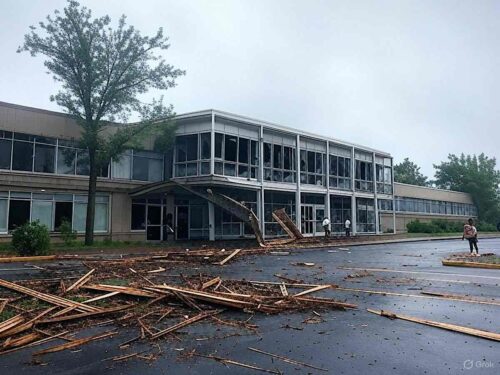by H. DeAngelo and J. Curry, Feb 20, 2025 in WUWT
Abstract
The Apocalyptic climate narrative is a seriously misleading propaganda tool and a socially destructive guide for public policy. The narrative radically overstates the risks to humanity of continued global warming, which are manageable, not existential. It prescribes large-scale near-term suppression of fossil-fuel use, while failing to recognize the huge costs that such suppression would inflict on humans because fossil fuels are currently irreplaceable inputs for producing food (via ammonia-based fertilizer), steel, cement, and plastics. This paper details the flaws in the Apocalyptic narrative and articulates nine principles for sensible U.S. policies on energy and global warming.
In an era where fear sells faster than facts, a refreshing gust of sanity has arrived in the form of a new paper by Dr. Judith Curry and economist Harry DeAngelo. Titled “A Critique of the Apocalyptic Climate Narrative,” the paper dismantles, brick by shaky brick, the popular belief that humanity teeters on the edge of climate-induced extinction and that salvation lies in the urgent abandonment of fossil fuels.
Curry and DeAngelo open with a sober reminder: “Alarming narratives that have an aura of plausibility can be highly effective tools for shaping public opinion and public policies.” That, in a nutshell, is the story of climate politics over the last 30 years. A narrative has been spun, polished, and weaponized—not to inform public understanding, but to shepherd it toward economically and politically ruinous policies.
The paper doesn’t just question the urgency of decarbonization—it eviscerates it.
…


